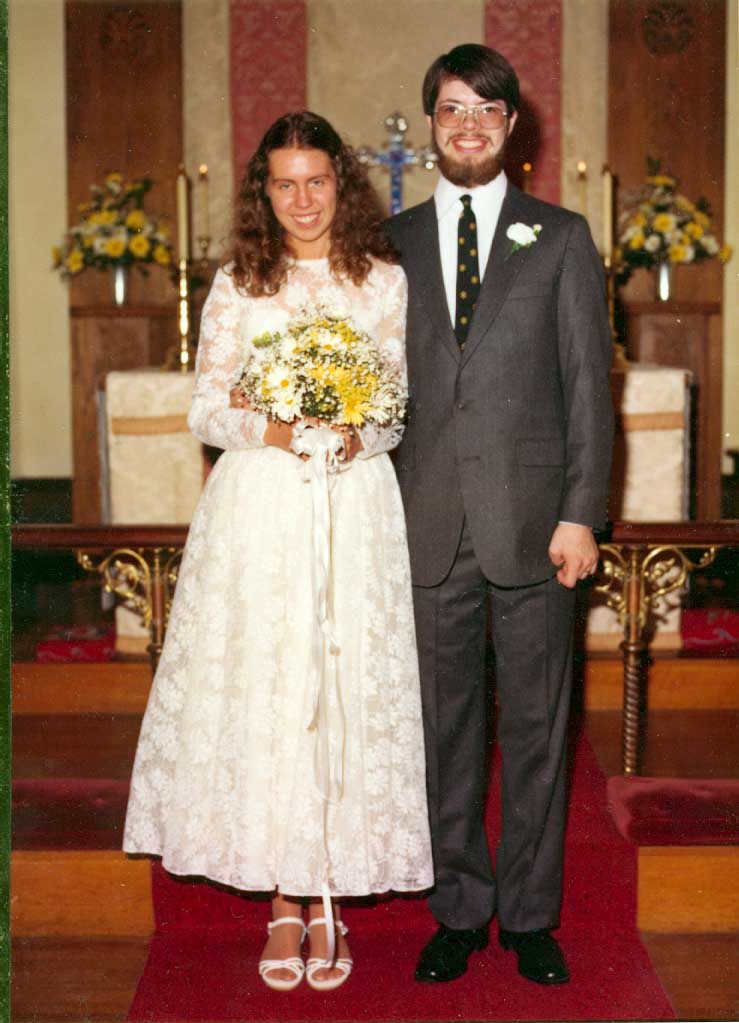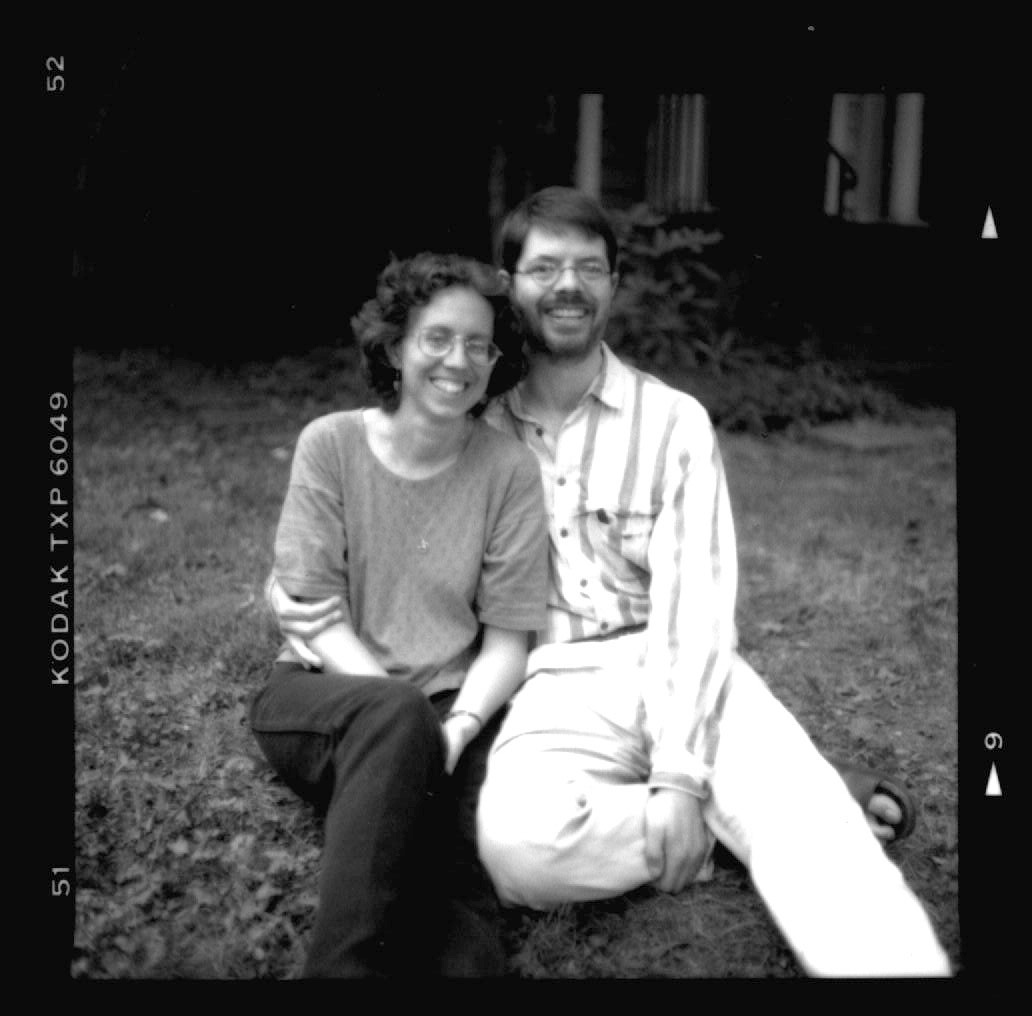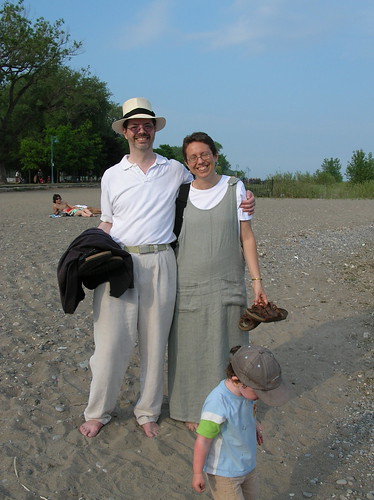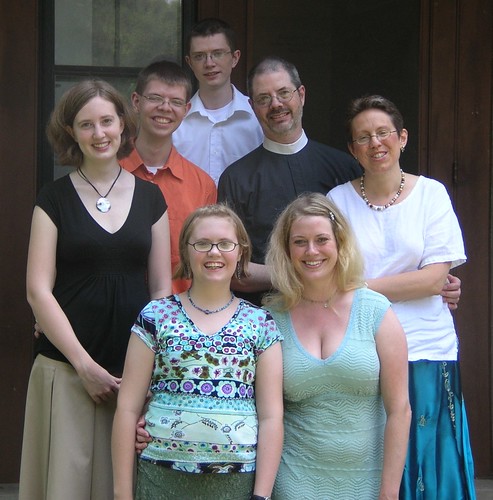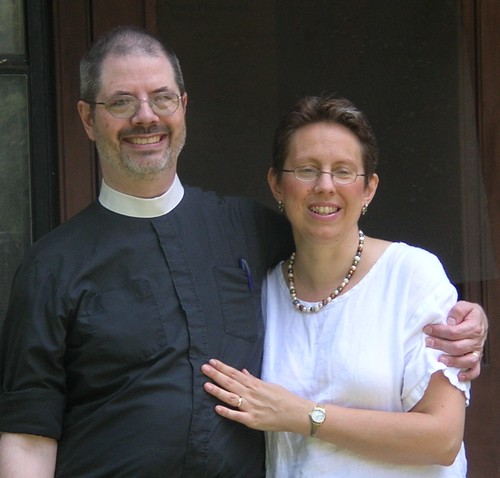I Don’t Think So
I’d have thought it went without saying, but since “speaking out about the alleged Episcopal priest-Muslim combo” has become a litmus test in some quarters, I will say that I dissent emphatically from the Rev. Ms. Redding’s understanding of Christian faith and priesthood, and from her bishop’s sense that her situation entails an “exciting opportunity.” Indeed, I take it that only by falsifying that which has historically constituted both of these ways of life can one arrive at both/and approach.
I respect certain Islamic specific traditions tremendously, and I recognize and learn freely from general tenets of Islam. If the Rev. Ms. Redding were to convert to Islam, I’d be able to see reasons for that change of path (though I cannot but regard it as a sad detour from the truth, for someone who has tasted the heavenly gift, and has shared in the Holy Spirit). Claiming that God’s triune identity is dispensable (contrary to the Christian side), though, and that Jesus really did die on the cross and rise from death (contrary to the Muslim side), seems to amount to a callow Sheilaism.
So, were I in a position to counsel the Rev. Ms. Redding — assuming that the facts reported reflect the situation reliably — I’d suggest that she take some time, examine her heart, learn more about what it means actually to live as a member of the Body of Christ and about what it means to submit to Allah, and in the meantime to avoid making public professions of matters about which she’s still in discernment. I’d strongly advise her to avoid exercising any sacerdotal responsibility. I’d pray that Bishop Warner return to the promises he made at his accepting the weighty office of the episcopate.
And if Prof. Webb actually said, “It’s a matter of interpretation. But a lot of people on both sides do not believe in interpretation,” he should be ashamed of himself. Nobody “doesn’t believe in interpretation”; it’s impossible to do without interpretation. What people discountenance is “using ‘interpretation’ as a fig leaf for disregarding clear and explicit, contradictory doctrinal claims without advancing an explanation as coherent and profound as the claims themselves.”
Continue reading “I Don’t Think So”
